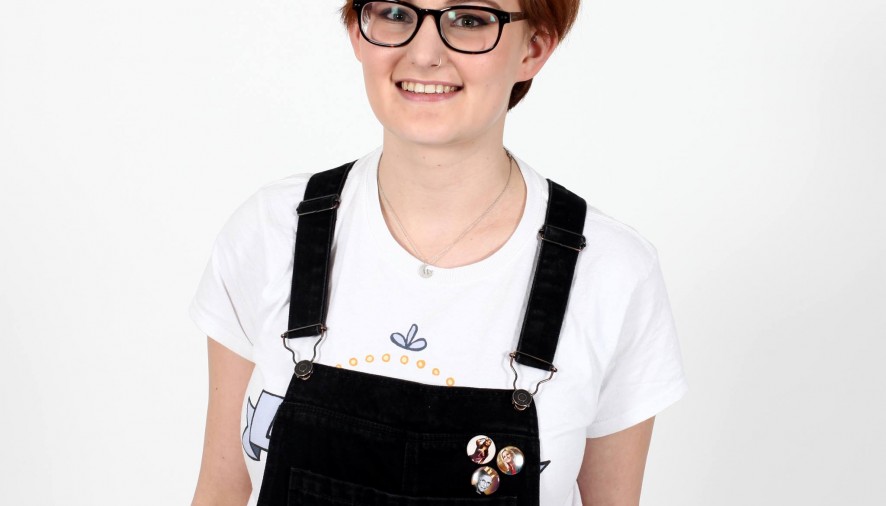Seeing yourself accurately and fairly represented when you turn on TV or read a book is an unacknowledged privilege – and it’s so important.
The importance of this is often swept under the carpet or it’s treated as an added bonus, but I would argue that it is fundamental.
I write this as a relatively privileged person – I am white, I live in the UK, I go to a great university, I have a supportive family. However, I am also a woman, and queer, and don’t have the greatest mental health. As it is LGBT history month, I think it is important to talk about how representation can help young people grappling with their sexuality.
We grow up in a society that tells us that it is normal to be straight, that no-one would ever choose to be gay, that homosexuality is wrong. You cannot overstate the impact that these beliefs and attitudes have – and one of the best ways to challenge and counter these, in my opinion, is through representation.
I feel lucky that in my high school I always saw same-sex relationships and that there were people I could talk to who I knew wouldn’t judge. But, it was still not an easy thing to go through and it took years for me to be completely okay with it. One of the ways I worked my way through it was through devouring every TV show or film that centred around lesbian characters – Skins, Pretty Little Liars, The L word, Imagine Me & You – I watched them all, regardless of how awful they became (looking at you here, Glee). As I have said I am lucky, a lot of who I am was represented, particularly as I identify as femme, but all the characters came out of the same cookie cutter following the tragic trope that all lesbians in the media face (spoiler: they all die).
It’s not enough to just have a lesbian character or a black character and say that is diversity. All too often we see this, there are one-dimensional characters defined by their sexuality or race – and yes, being gay is an important characteristic of who I am, but there is so much more to me.
Not being represented is a form of oppression; it might not be as insidious as openly derogatory or hateful comments. It really hurts though and it says that you are not valuable, that you are deviant, that you don’t deserve a happy ending. But we are valuable, and we’re not deviant, and we deserve our own love stories and our own happy endings. We deserve to be loved and most importantly we deserve to be seen.
All I want is a diverse representation of queer women on TV. I want to see disabled queer women, trans women, queer women of colour. I want to see a diversity of gender expressions and sexual preferences. I want this for me, but more than that I want that for young queer kids – because people deserve to know that they fit in and that they’re okay and ‘normal’. Is that too much to ask?
Emma Healey

